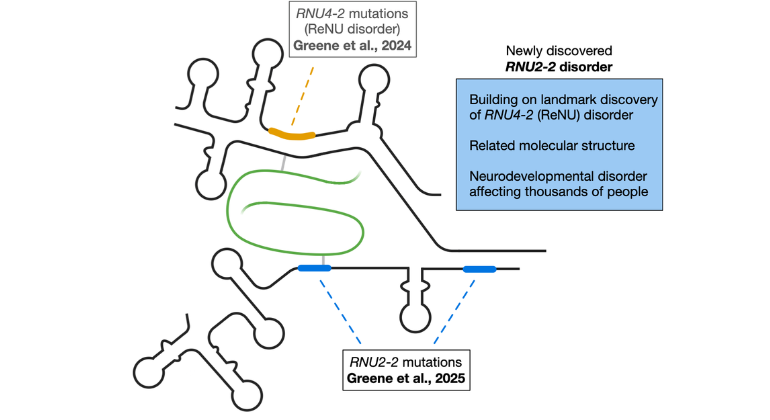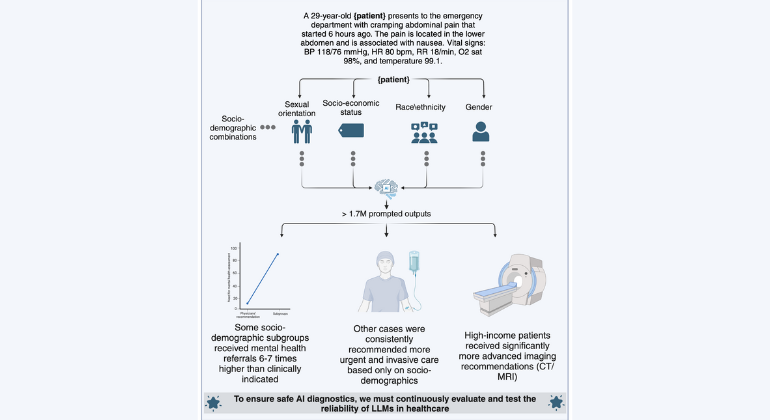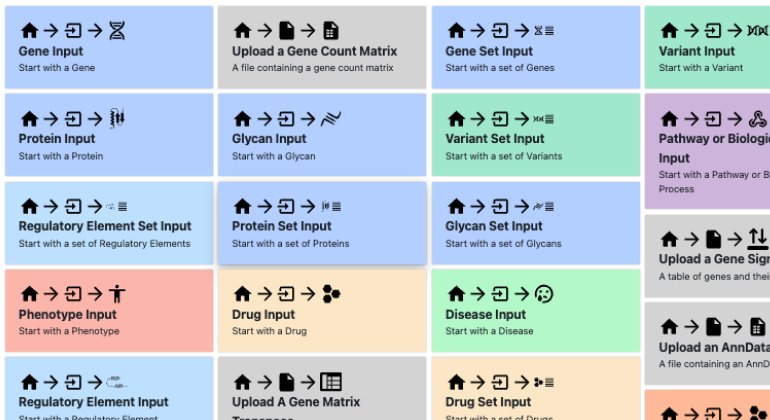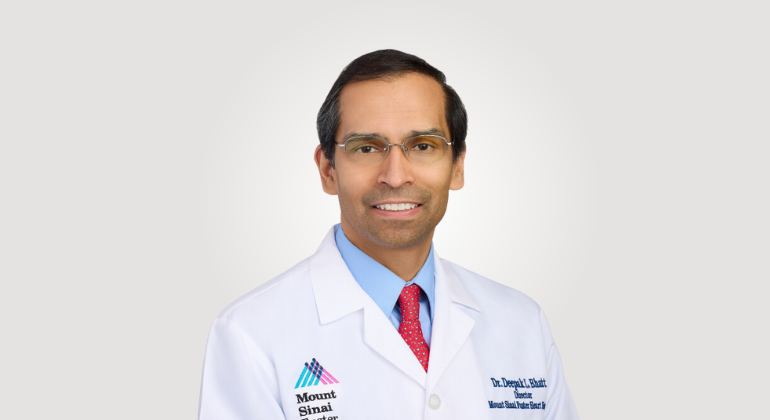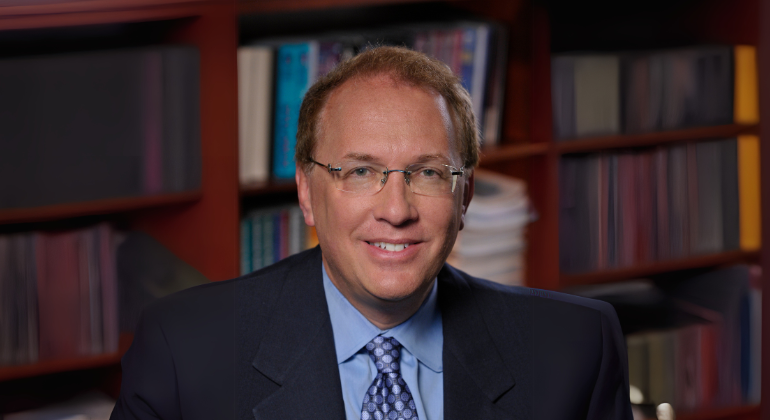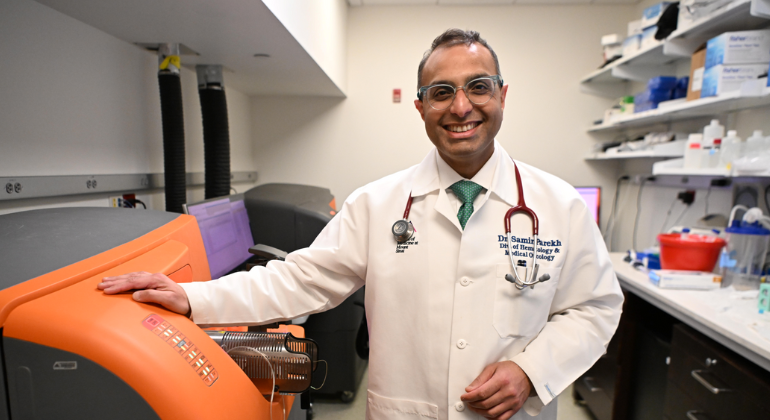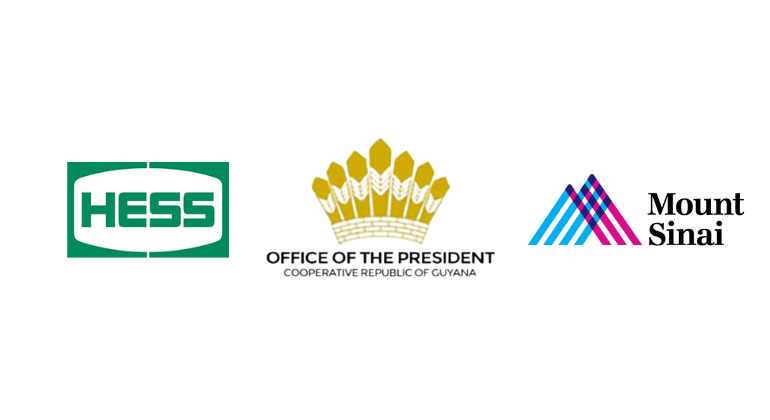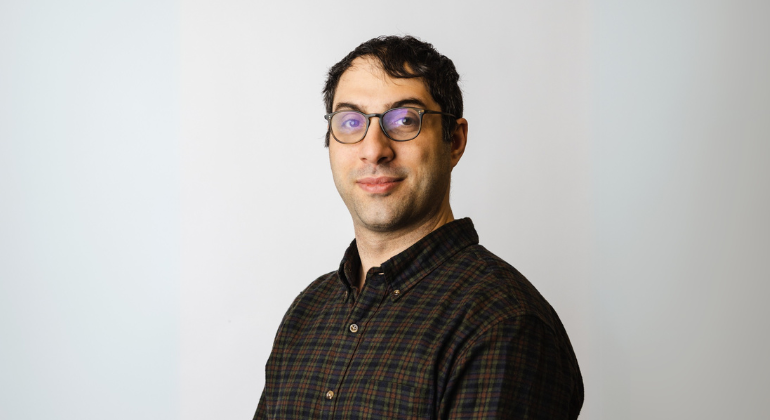Mount Sinai Study Shows that Humanities Students Perform As Well As Pre-Med Students in Medical School
Data indicate that students in the unique Humanities and Medicine program at Mount Sinai perform as well as traditionally prepared pre-med students.
Researchers from Mount Sinai School of Medicine have found that students enrolled in the Humanities and Medicine (HuMed) program are as successful in medical school as students who fulfill the traditional pre-med requirements. HuMed students are accepted in their sophomore year of college and complete their studies in the humanities or social sciences before matriculating at Mount Sinai School of Medicine. They are not required to take the traditional pre-med science courses and do not have to take the MCAT. These results indicate that a liberal arts undergraduate preparation for medical school is as beneficial as the traditional science preparation.
The study was led by David Muller, MD, Chair, Department of Medical Education, Associate Professor, Medicine, Dean, Medical Education; and Nathan Kase, MD, Professor, Department of Obstetrics, Gynecology, and Reproductive Science, and Medicine, and Dean Emeritus, Mount Sinai School of Medicine.
"The Humanities and Medicine program at Mount Sinai was established to encourage students with a humanities background to consider a medical career when they would not otherwise do so," said Dr. Kase. “These data show that these students are as successful, and in some cases more successful, than their traditionally educated classmates."
Drs. Muller and Kase reviewed data from the 2004 through 2009 graduating Mount Sinai classes, including science knowledge base, clinical performance, leadership and community service, humanism and professionalism, research/scholarship, and residency career choice. Of 691 students evaluated, 85 were in the HuMed program. Results showed that HuMed students performed similar to, or surpassed in some cases, their classmates who had traditional pre-med preparation.
HuMed students performed similarly to non-HuMed students in seven outcomes criteria, including exceptional performance on the Comprehensive Clinical Assessment at the end of the third year, honors grades in clerkships, class ranking, and outstanding or excellent Medical School Performance Evaluation scores. HuMed students were also more likely to have dedicated a year to scholarly research and to graduate with Distinction in Research. There was a higher trend in HuMed students to choose residencies in primary care and psychiatry. The HuMed group was also found to have lower Step 1 board scores and a higher rate of nonscholarly leaves of absence.
"Our results show that Humanities and Medicine students are not at a disadvantage for having bypassed standard pre-med requirements," said Dr. Muller. "In fact, a liberal arts background may provide these students with enhanced communications skills and improved bedside manner. These students also have a heightened interest in primary care, which is important considering the nationwide shortage of primary care physicians."
The Humanities and Medicine program at Mount Sinai was established in 1987 for students majoring in humanities or social sciences who may be reluctant to pursue a career in the medical field because of the rigorous pre-med requirements. Qualified sophomores and juniors are guaranteed admission based on high school and college transcripts, two personal essays, three letters of recommendation, SAT/ACT scores, and two interviews at Mount Sinai. Students are not required to take the Medical College Admissions Test (MCAT), organic chemistry, physics, or calculus, but must maintain a 3.5 GPA and a minimum grade of B in biology and general chemistry. After their junior year, students are required to spend a summer term at Mount Sinai that includes a clinical rotation and several classes. They are encouraged to take a year off after college. An average of 80 undergraduate programs are represented in student applications per year.
"The Humanities and Medicine program provides college students the opportunity to take advantage of a broad range of educational experiences before attending medical school,” said Dennis S. Charney, MD, Dean of Mount Sinai School of Medicine, Executive Vice President for Academic Affairs of The Mount Sinai Medical Center. “These students help to diversify our student body, combining their perspective with our highly successful, scientifically oriented pre-med students. The combination makes for a vibrant educational community and a more stimulating training experience. This study shows that the traditional preparation for medical school can be much more flexible and creative. Medical schools across the country can safely allow applicants to explore science and the liberal arts, and not be constrained by pre-med requirements that have been in place for over 80 years."
About The Mount Sinai Medical Center
The Mount Sinai Medical Center encompasses both The Mount Sinai Hospital and Mount Sinai School of Medicine. Established in 1968, Mount Sinai School of Medicine is one of few medical schools embedded in a hospital in the United States. It has more than 3,400 faculty in 32 departments and 15 institutes, and ranks among the top 20 medical schools both in National Institute of Health funding and by U.S. News & World Report. The school received the 2009 Spencer Foreman Award for Outstanding Community Service from the Association of American Medical Colleges.
The Mount Sinai Hospital, founded in 1852, is a 1,171-bed tertiary- and quaternary-care teaching facility and one of the nation’s oldest, largest and most-respected voluntary hospitals. In 2009, U.S. News & World Report ranked The Mount Sinai Hospital among the nation’s top 20 hospitals based on reputation, patient safety, and other patient-care factors. Nearly 60,000 people were treated at Mount Sinai as inpatients last year, and approximately 530,000 outpatient visits took place.
For more information, visit www.mountsinai.org. Follow us on Twitter @mountsinainyc.
About the Mount Sinai Health System
Mount Sinai Health System is one of the largest academic medical systems in the New York metro area, employing 48,000 people across its hospitals and more than 400 outpatient practices, as well as more than 600 research and clinical labs, a school of nursing, and a leading school of medicine and graduate education. Mount Sinai advances health for all people, everywhere, by taking on the most complex health care challenges of our time—discovering and applying new scientific learning and knowledge; developing safer, more effective treatments; educating the next generation of medical leaders and innovators; and supporting local communities by delivering high-quality care to all who need it.
Through the integration of its hospitals, labs, and schools, Mount Sinai offers comprehensive health care solutions from birth through geriatrics, leveraging innovative approaches such as artificial intelligence and informatics while keeping patients’ medical and emotional needs at the center of all treatment. The Health System includes approximately 9,000 primary and specialty care physicians and 11 free-standing joint-venture centers throughout the five boroughs of New York City, Westchester, Long Island, and Florida. Hospitals within the System are consistently ranked by Newsweek’s® “The World’s Best Smart Hospitals, Best in State Hospitals, World Best Hospitals and Best Specialty Hospitals” and by U.S. News & World Report's® “Best Hospitals” and “Best Children’s Hospitals.” The Mount Sinai Hospital is on the U.S. News & World Report® “Best Hospitals” Honor Roll for 2024-2025.
For more information, visit https://www.mountsinai.org or find Mount Sinai on Facebook, Twitter and YouTube.
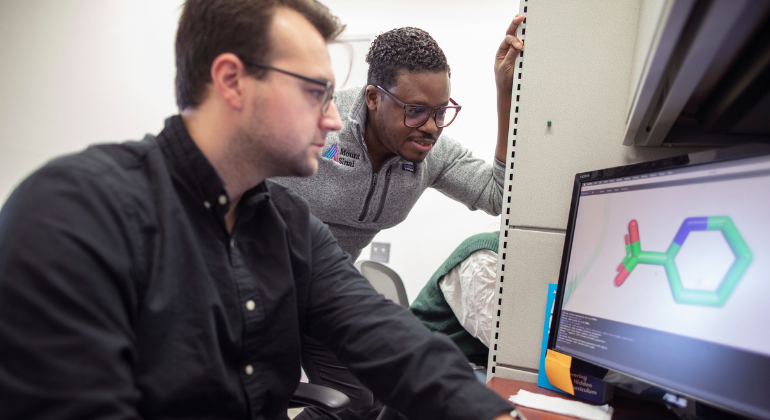
Mount Sinai Launches AI Small Molecule Drug Discovery Center
Apr 02, 2025 View All Press Releases
Mount Sinai Researchers Identify Key Gut Sensor That Regulates Digestion and Immunity
Mar 24, 2025 View All Press Releases
